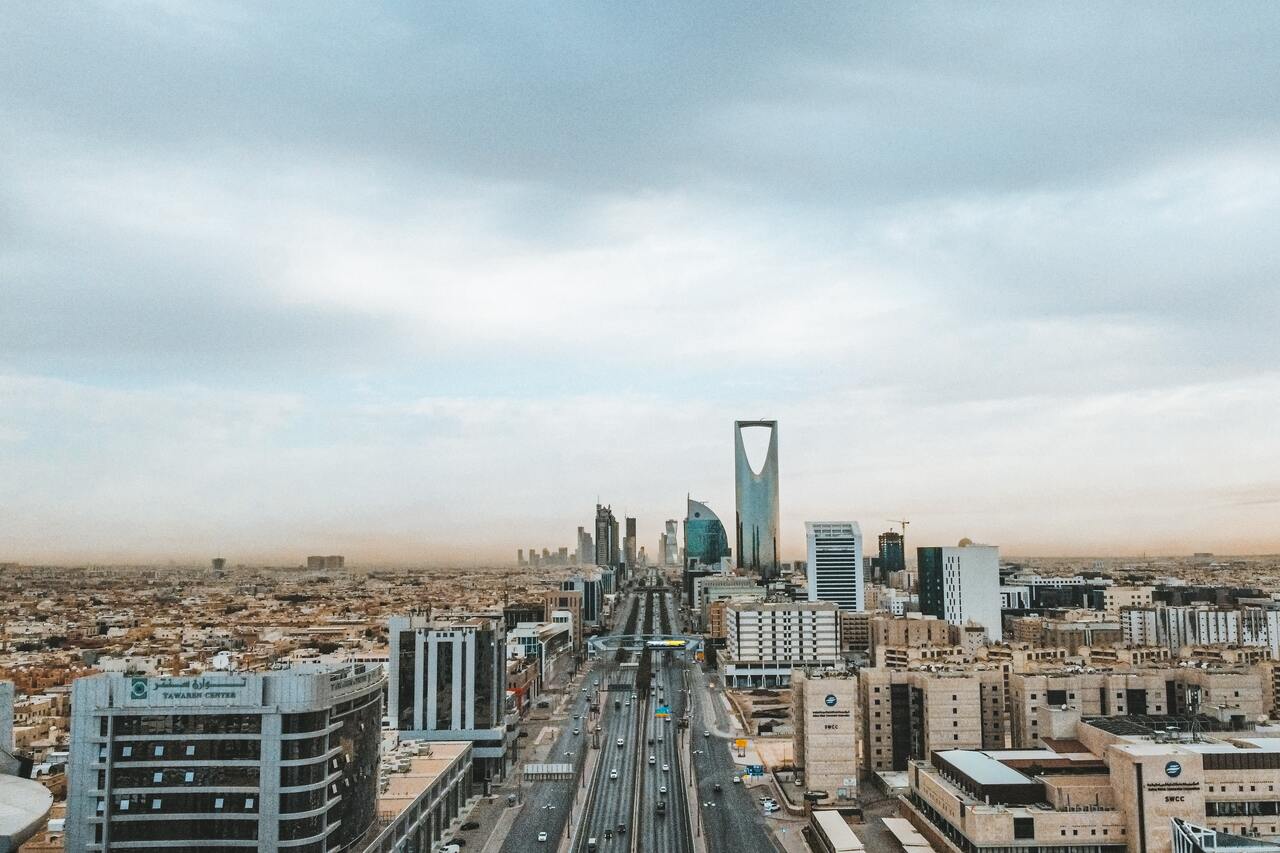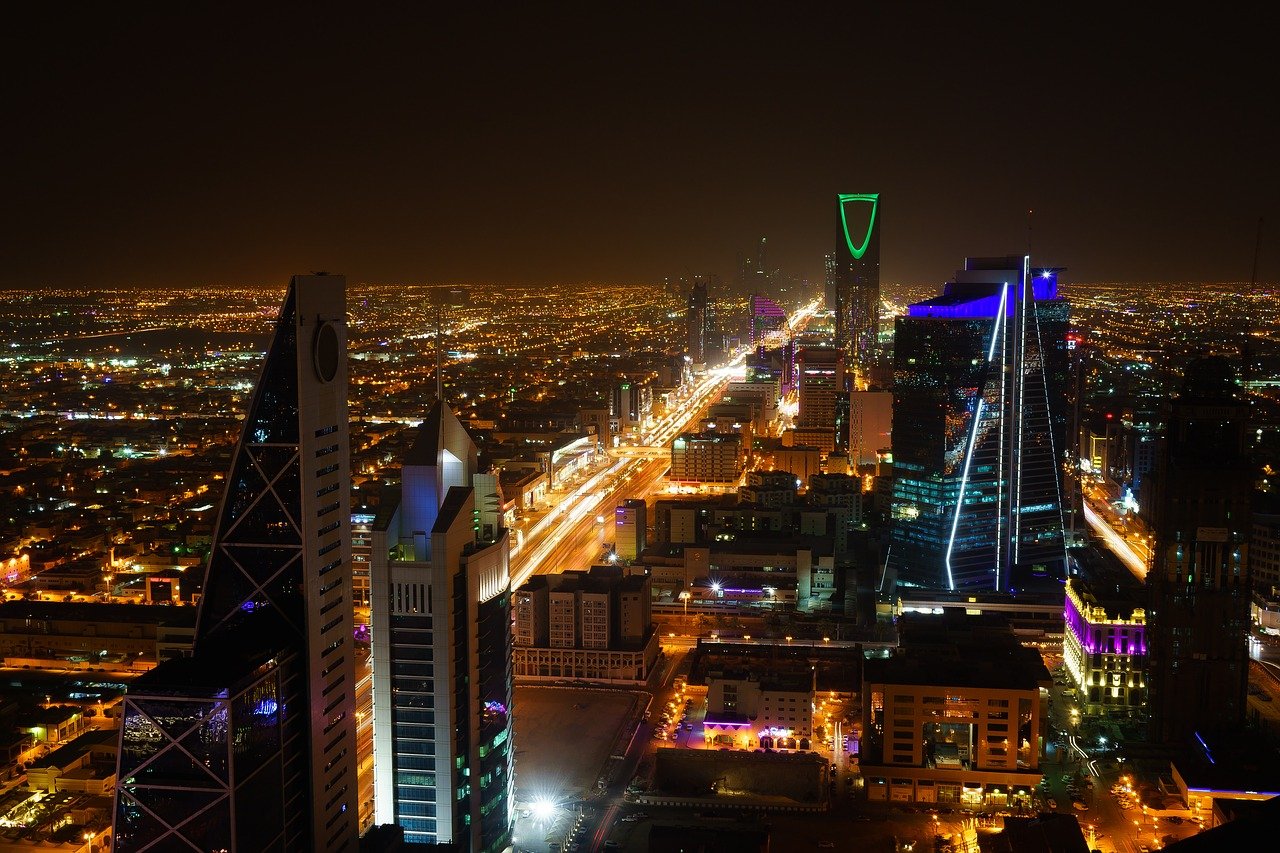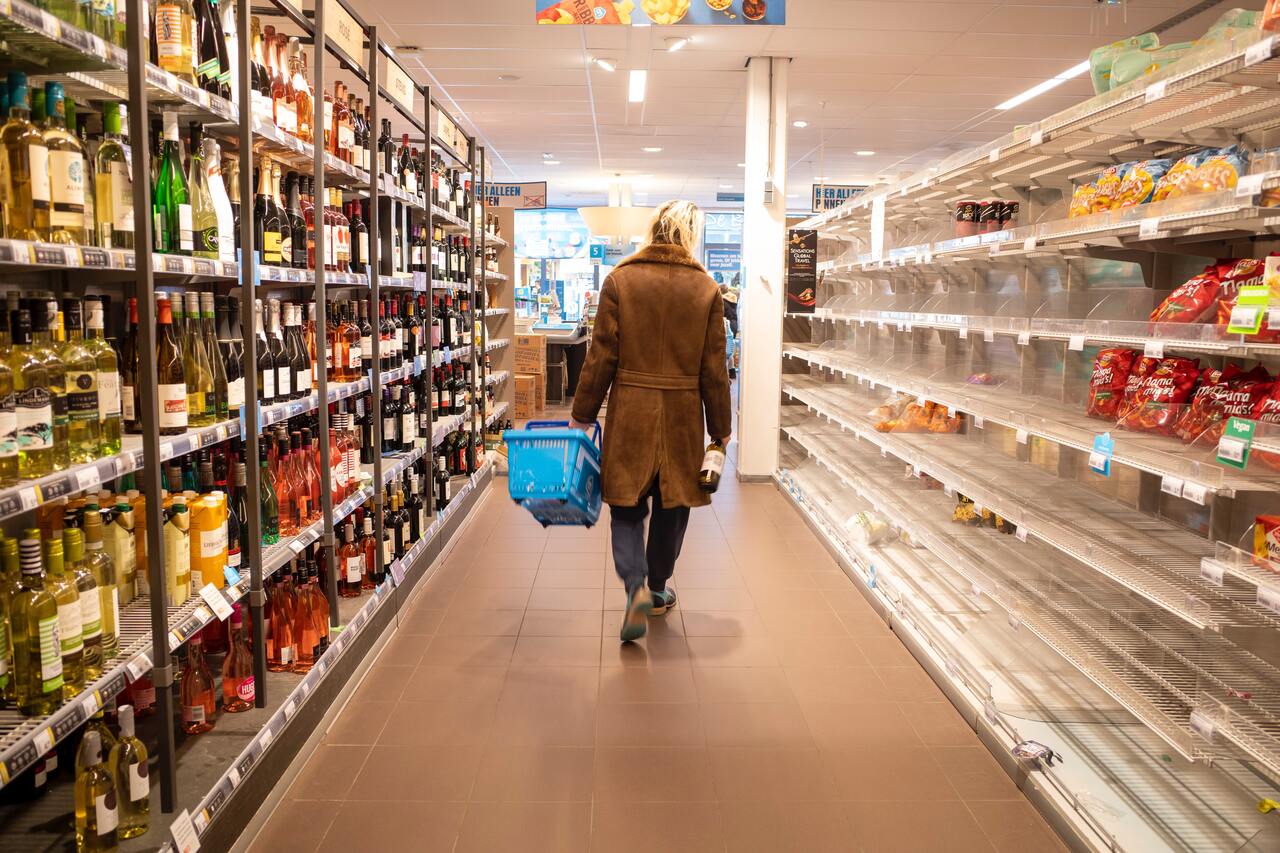The Kingdom of Saudi Arabia embarks on a major privatization push which is set to spend SR 1.02 trillion for the next year. The government’s annual budget projects revenue of SR 833 billion in 2020, leaving a deficit of SR 187 billion or equivalent to 6.4% of GDP. Saudi Arabia anticipates real GDP growth of about 2.3% in 2020.
The 2020 commitments include driving the private sector to reach SR 13-14 billion to the GDP, securing around SR 35-40 billion government revenues from asset sales and SR 30-35 billion net government savings from privatization or public-private partnership. The private sector is also set to create 10,000-12,000 new jobs in the next year.

In line with the Saudi Vision 2030 reform agenda, the government of is committed to enhancing the role of the private sector in the provision of services and the availability of government assets through The Privatization Vision Realization Program. The program is expected to improve the quality of services provided and contribute to the reduction of costs in general. Adding to that, the government is also opening up the Kingdom to attract more FDI and improving the balance of payments.
As stated by King Salman at the cabinet meeting, the government are determined to continue implementing economic reforms, diversifying sources of income, optimizing the use of available resources, empowering the private sector as well as raising the level of transparency and efficiency of government spending to boost development and growth rates.
Major Privatization Plans
The government of Saudi Arabia plans to sell shares in national oil conglomerate, Saudi Aramco, through an Initial Public Offerings (IPO) that is expected to place in late 2020 or the start of 2021. The Kingdom plans to sell up to 5% of the world’s largest energy firm and expects to raise up to USD 100 billion. The IPO, which is expected to be the world’s largest stock sale, establishes the cornerstone of the reform.
It has taken a number of key procedures in preparation, including issuing a law for hydrocarbon tax, allowing independent auditing and appointing a new board. Aramco has also opened its account books to international rating agencies for the first time, declared the size of its profits and transformed into a public shareholding company.
Saudi Grains Organisation is also selling off its milling operations and placing them in four specially formed corporate entities while retaining other functions. It has attracted interests from some of the world’s largest agribusiness firms, such as Archer Daniels Midland Co (ADM.N) and Bunge Ltd (BG.N).
The huge interests from the market players also come as the Kingdom grows increasingly dependent on grain imports. Saudi Arabia has become a major importer of wheat and barley since abandoning plans in 2008 to become self-sufficient.
Another major privatization plan is Saudi Arabia Airlines which started to the sale of its medical services business in Jeddah, valued at around USD 500 million. Since 2017, the Chief Executive Director of Saudi Arabian Airlines Corporation stated that the company aims to privatize all assets, so it is expected to be fully privatized after 2020.



